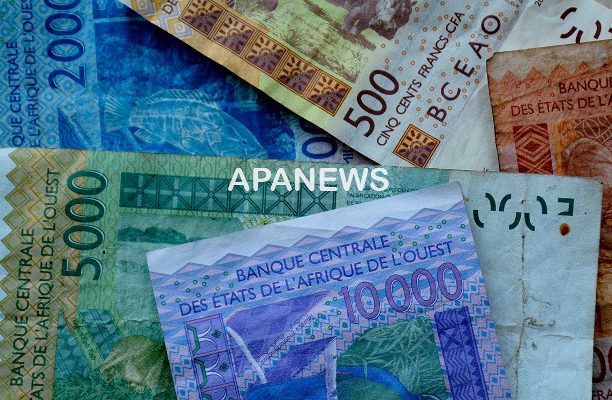The West African Economic and Monetary Union is set to wean itself of the contentious CFA franc for a new currency known as the Eco, which will remain pegged to the Euro, President Alassane Ouattara has revealed.
Speaking at a press conference, flanked by visiting French president Emmanuel Macron in Abidjan on Saturday, the Ivorian leader said the France-backed currency will undergo major reforms.
“I am happy to announce that in agreement with the other heads of state of Uemoa (West African Economic and Monetary Union), we have resolved to reform the CFA franc currency with three major changes including its name into the Eco”, Ouattara said.
The second change is that the 50 percent of reserve deposits will no longer be centralised in the French Treasury while the operating accounts will be scrapped.
The third is the withdrawal of France’s representatives from any UEMOA decision-making and managing institution.
This announced reform was sealed by the signing of a new France-UEMOA monetary cooperation agreement between the president of its council of ministers, Benin’s Economy and Finance minister, Romuald Wadagni, and the French Economy and Finance minister Bruno Le Maire.
“I hereby confirm that France has decided to put an end to the compulsory centralization of reserve deposits in France which accounted for 50 percent and the suppression of the operation accounts mechanism”, Macron declared, stressing that this “concern” was raised by internet users and by some African intellectuals.
“I wanted to engage France in a historic and ambitious reform of the cooperation between the West African economic and monetary union, and our country,” the French president said, expressing hope that with the reform of the CFA Franc, “we are taking a huge step to write a new page in our relationship with Africa.”
Although the Eco will remain pegged to the Euro, France will no longer hold a seat on the UEMOA-linked regional bank – BCEAO.
The CFA franc currency is now in use in eight countries across West Africa (Benin, Burkina Faso, Cote d’Ivoire, Guinea Bissau, Mali, Niger, Senegal, and Togo) and in six Central African nations (Cameroon, Central African Republic, Equatorial Guinea, Gabon, Republic of Congo, and Chad).
President Macron who began Friday a three-day visit to Cote d’Ivoire urged the remaining West African countries namely Guinea, Ghana, Nigeria, Sierra Leone, and The Gambia- to follow suit.
AP/ls/Dng/as/APA


